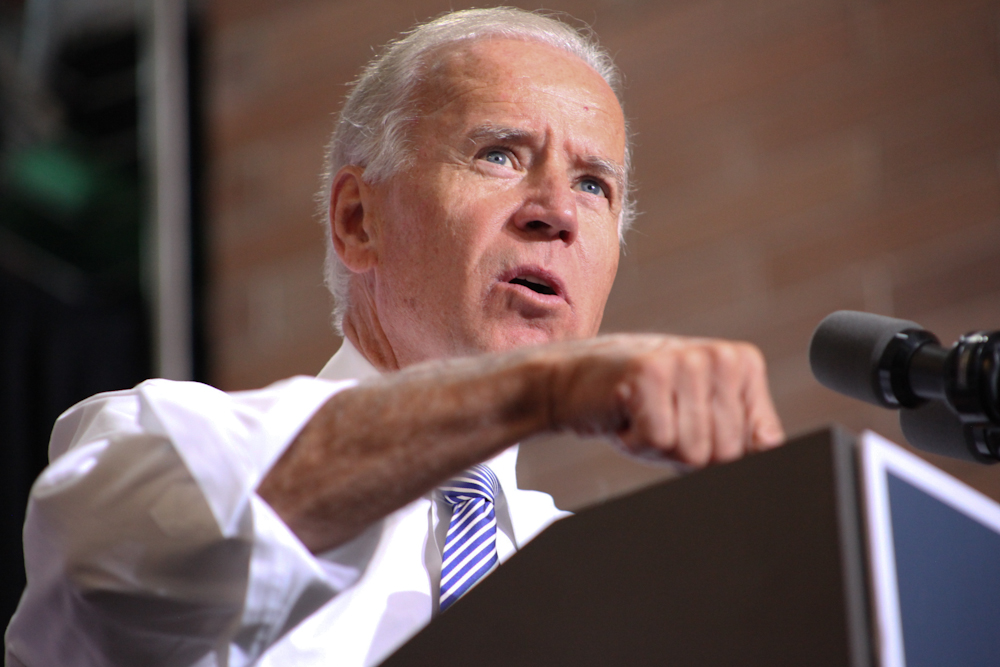Over the past few years, and especially in recent months, social media platforms like Facebook and Twitter have come under increasing scrutiny over the role they play in our personal lives, and the extent to which they can—and do—influence politics offline. That analysis ranges from people posting critical tweets about persuasive technology to tech giants themselves testifying on Capitol Hill about the part their platforms played in allowing Russian interference to spread during the 2016 U.S. presidential campaign.
And this week, in two separate op-eds, former president Bill Clinton and former vice president Joe Biden have added their two cents to the conversation.
Both pieces focused on broader issues beyond just social media: Clinton’s piece in The New York Times focused on our nation’s existential-slash-identity crisis and the travel ban, while Biden’s piece in Foreign Affairs is specifically about Russian relations. But, because the internet is inextricably linked to pretty much everything these days, each piece also focuses on the way that our online habits have exacerbated existing digital and analog problems.
Biden co-wrote his piece with Michael Carpenter, who was U.S. Deputy Assistant Secretary of Defense from 2015 to 2017 and is now the senior director of the Penn Biden Center for Diplomacy and Global Engagement.
Their piece urges tech giants to do more to control foreign influence: “Social media companies such as Twitter, Facebook and Google must provide greater transparency about who funds the political advertisements on their platforms,” they write, adding they must also “work harder to eliminate automated and bot-generated content, and invest in the technological and human resources to root out fake foreign accounts that spread disinformation.”
Clinton writes about problems that already exist within the U.S, noting how “all too often, tribalism based on race, religion, sexual identity and place of birth has replaced inclusive nationalism, in which you can be proud of your tribe and still embrace the larger American community,” something he links to social media. “These trends are fueled by our Snapchat, Twitter and Facebook worlds in which the attention span for issues on television news is only a few seconds, and the survival of newspapers depends upon retweets of headlines from their online editors,” Clinton writes.
Clinton’s critique is an important one, as it puts the onus of responsibility not just on Facebook (which is a complicated and very messy issue to begin with, one Alexis C. Madrigal explains well in The Atlantic and danah boyd discusses thoughtfully in Wired) but on how the internet in general has warped our attention spans.
Navigating a world filled with foreign or domestic bots, fake news, click-bait headlines and trolls (to name just a few of the internet’s evils) makes it even harder to figure out what the truth us, or what truth even means in the first place.
Clinton discusses this too, writing “too many social media sites are fever swamps of extremist foreign and domestic invaders,” and that “such resolute efforts to abolish the line between fact and fiction, truth and lies, can offset all the benefits of our interconnectedness.”


